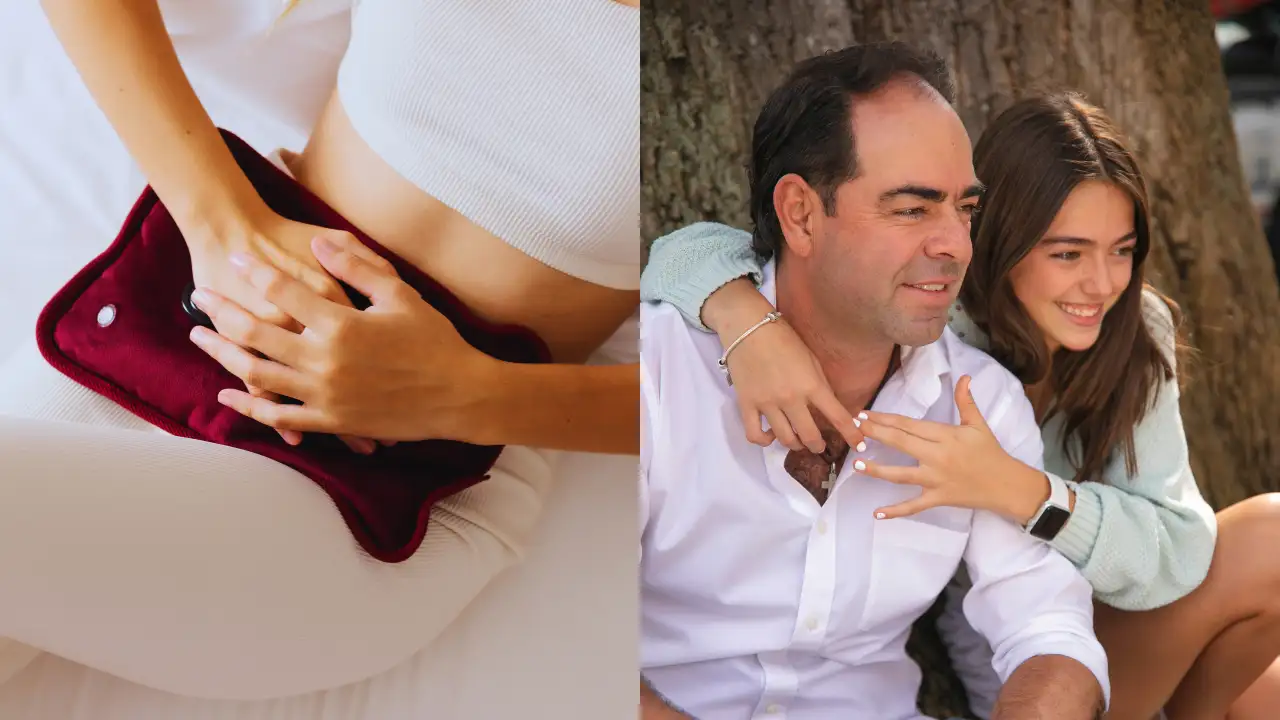Father’s Day is often seen as a celebration of gifts, gratitude, and shared memories. But beyond the cards and ceremonies lies an opportunity to highlight a deeper, often overlooked role: how a father’s support can positively impact his daughter’s menstrual health and emotional wellbeing.
When fathers respond with empathy, openness, and calm reassurance, they help make menstruation feel normal and safe. While mothers have long carried the educational burden when it comes to “that time of the month”, the role of fathers is ripe for a rewrite. After all, being a “daddy’s girl” is not just a cute Instagram caption; it is a foundation of trust and comfort. And during menstruation, that emotional scaffolding can seriously boost body confidence and overall wellbeing.
Rima Bhandekar, Senior Psychologist and Head of the Mpower Helpline, points out that in most Indian homes, “individuals across generations did not grow up seeing their fathers speak openly about menstruation.” But times are changing, slowly but surely. What does this support, however, look like? Small, thoughtful actions go a long way:
- Initiate gentle, age-appropriate conversations about menstruation to take the taboo out of it.
- Pick up sanitary pads at the chemist without flinching and maybe throw in some dark chocolate.
- Ask simple questions like, “Are you feeling okay today?” and listen, really listen, to the answer.
These seemingly small gestures actually carry big emotional weight. According to Bhandekar, such support “builds self-esteem and reduces shame” and “encourages body positivity and emotional openness”. Dr. Tejal Kanwar, Consultant Gynaecologist at UJAAS, says, “Open communication at home is enough to recognise common conditions such as Polycystic Ovary Syndrome (PCOS), endometriosis, or even recurring infections.”
Far too often, girls dismiss discomfort as ‘normal’ because they fear no one—especially the men—will get it. But a dad who asks, who listens, and who accompanies them to medical check-ups? That is helpful.
Even stress-related hormonal imbalances can be better managed in emotionally safe households. An anxiety-free environment does not just help girls feel heard; it can also lead to fewer painful periods and better menstrual regularity. Hygiene habits improve. Misinformation is challenged. And you do not need to be a doctor to say, “Remember to change your pad before you leave.”
Most importantly, when fathers show up, they change the narrative. Bhandekar says, “Their presence is very valuable and reassuring, and that can make all the difference.” So, this Father’s Day, let us hear it for the dads who go beyond dad jokes and dive into period talk, awkward pauses included.
